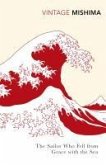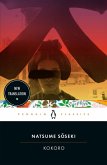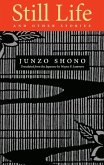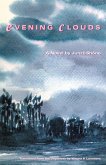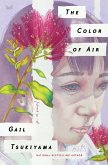In detailing the affair between a garden designer and his client's wife, this stylistic Japanese novel explores the roots of passion.
Mizue is a Japanese housewife. Kase is a garden designer hired by her husband to landscape their home. As the garden takes shape, Mizue awakens to a new sensuality and desire. A disturbing tale of seduction, based on Japanese aesthetics and the artistic pursuit of destructive beauty.
Tachihara Masaaki (1926-1980) was an award-winning Japanese novelist, essayist, poet and literary critic of Korean descent, active during the Showa period. Wind and Stone is his only full-length novel in English.
Mizue is a Japanese housewife. Kase is a garden designer hired by her husband to landscape their home. As the garden takes shape, Mizue awakens to a new sensuality and desire. A disturbing tale of seduction, based on Japanese aesthetics and the artistic pursuit of destructive beauty.
Tachihara Masaaki (1926-1980) was an award-winning Japanese novelist, essayist, poet and literary critic of Korean descent, active during the Showa period. Wind and Stone is his only full-length novel in English.
Dieser Download kann aus rechtlichen Gründen nur mit Rechnungsadresse in A, D ausgeliefert werden.




